The APC in-fighting is the current national talking point, but Boko Haram insurgents should be dominating the headlines. Just when Nigerians are about to say it is over, the insurgents seem to be saying “you ain’t seen nothing yet”.
Between May 29, 2015, when President Muhammadu Buhari was sworn in, and June 24, at least 221 lives have been lost in Boko Haram attacks, concentrated on Borno and Yobe states. This time around, the attacks have not been territorial — a battle the Nigerian military seemed to have won convincingly — but asymmetrical.
The days of ground and aerial battles aimed at dislodging the insurgents from their camps may be over, but the suicide bombings are far from vanishing. But observers would even be more worried that the government currently says nothing about these attacks — unlike in the past when statements came from the president’s office to express sympathy with victims and re-assure Nigerians that things would soon be under control.
Is the war on terror collapsing? The general election which was scheduled to take place on February 14 was shifted to March 28; that is, by six weeks. The reason for the delay, according to the past government of Goodluck Jonathan, was to give the military additional time to subdue insurgents who were on an obsequious quest of churning up human carnage in the northeast of the country.
Advertisement
True to the excuse for delaying the election, the Nigeria military managed to “cut the Boko Haram insurgents to size”. As a matter of fact, the military freed the northeast states of Yobe, Adamawa and Borno from the throttling hegemony of Boko Haram. Not that the military totally expelled the insurgents from this region, but they wrested control from them.
Boko Haram had controlled a swathe of land the size of Belgium before the military’s offensive. And even Gwoza, the caliphate of the sect was retaken. And in a push to flush out the insurgents from their last fort, the Nigerian military invaded Sambisa forest, stoning it with bombs and piercing it with artillery. It captured one the sect’s commanders, and recovered military hardware and software. Abubakar Shekau, Boko Haram’s leader, was sent into hiding (is he still alive?) for he has not been seen in propaganda videos issuing his accustomed threats since the military’s offensive.
The effort of the military in this stead, no doubt, mitigated the frequency of attacks, most especially suicide bombings, and Nigerians were in agreement that the Nigerian military was asphyxiating Boko Haram and its networks.
Advertisement
And Boko Haram “rose from the ashes”
However, not long after the inauguration of President Muhammadu Buhari on May 29, Boko Haram struck reminding the president that it was still “alive and well.” Seven people were reported killed by twin explosions at a village wedding in Borno on the same day.
On May 30, a day after Buhari’s inauguration, a suicide bomber struck at a mosque in Maiduguri during the afternoon prayer session killing at least 16 people. On the same day, suspected Boko Haram insurgents fired rocket propelled grenades into Dala Lawanti, west of the city, killing about 13 people.
Boko Haram’s archipelago of atrocities continued into the second week of Buhari’s government.
At 1pm, on June 2, an improvised explosive device (IED) concealed in a butcher’s table detonated killing about 30 people at a busy meat market in Maiduguri.
Advertisement
Not fazed, the sect struck again the next day, June 3. An IED, the accustomed death device of the insurgents, detonated killing a few people at a military check-point in Baga, Borno state.
And on June 4, a suicide bomber hit Jimeta main market in Yola, Adamawa state, killing at least 10 innocents.
On June 7, the intensity of Boko Haram’s attacks ossified as it unleashed another blood-shiver on a popular “cow market” in Maiduguri, killing an unspecified number of people.
However, in a failed mission on June 11, three female suicide bombers prancing to carry out attacks in Bauchi died by the device of their own hands. Explosives strapped on their bodies detonated prematurely on a highway leading to the city before they could reach their target. That however adds to the series of attacks by Boko Haram since the dawning of the Buhari government.
Advertisement
On June 15, multiple blasts killed about 10 people at Potiskum in Yobe state, mostly police officers and members of the local vigilante group, who were trying to stop man carrying an IED and heading for the Potiskum market.
After a few days’ hiatus, Boko Haram struck at a fish market on June 22. This time, two female suicide bombers disguised as beggars detonated their explosive-laden bodies at the market about 4pm, killing at least 30 people.
Advertisement
And on June 23, a suicide bomber killed about 10 people at a market at Wagir in Gubja local government of Yobe state. On June 24, 40 persons were killed in a raid on Borno villages by the insurgents. As at last count, 221 persons have died in Boko Haram attacks since May 29.
Expectedly, ending the insurgency has become the focus of the Buhari government, but as of now it appears there is nothing stopping the bombs from “booming”.
Advertisement
1 comments


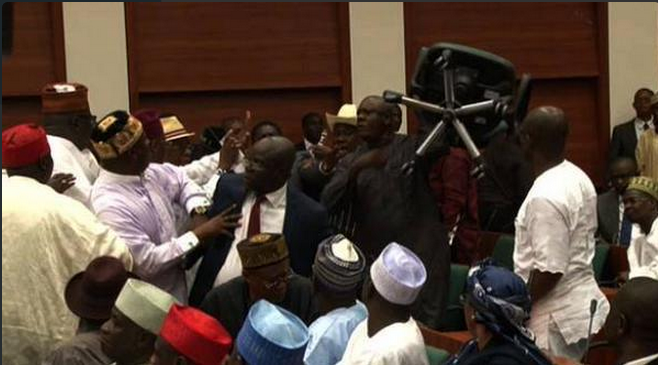
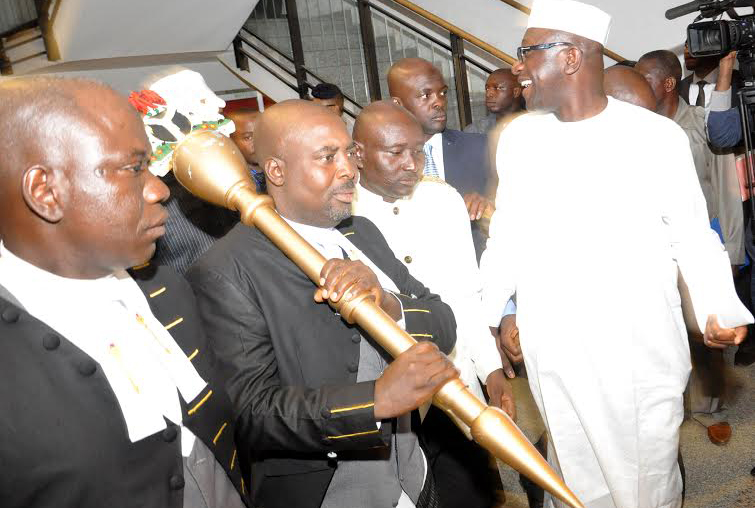
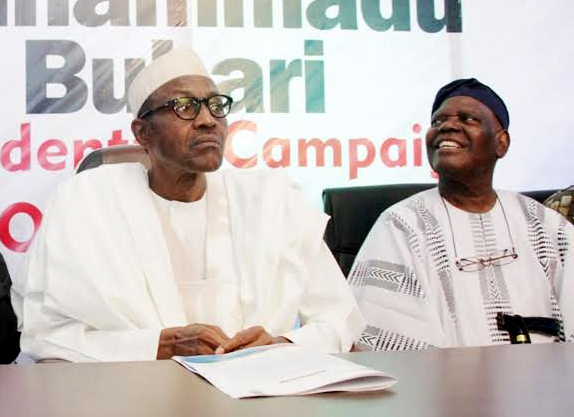
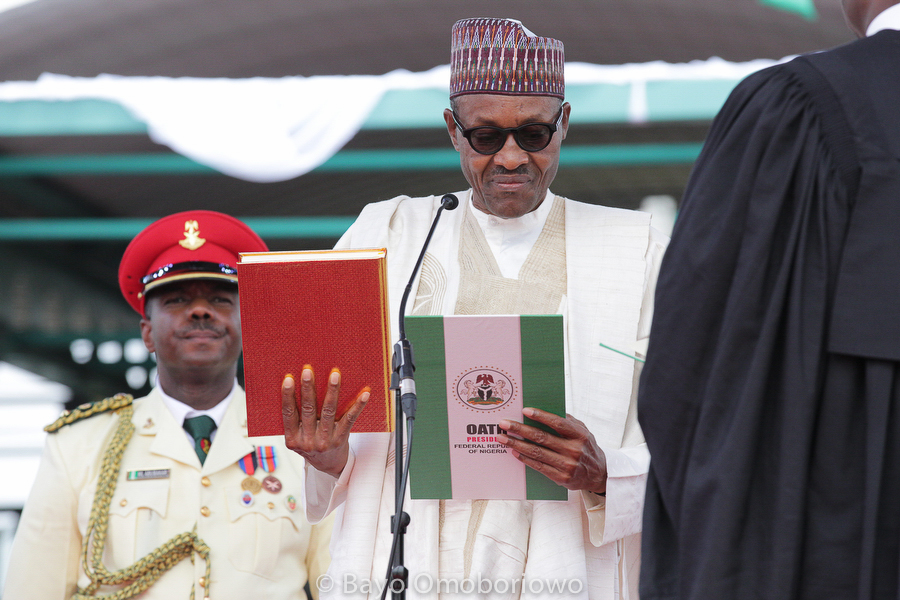
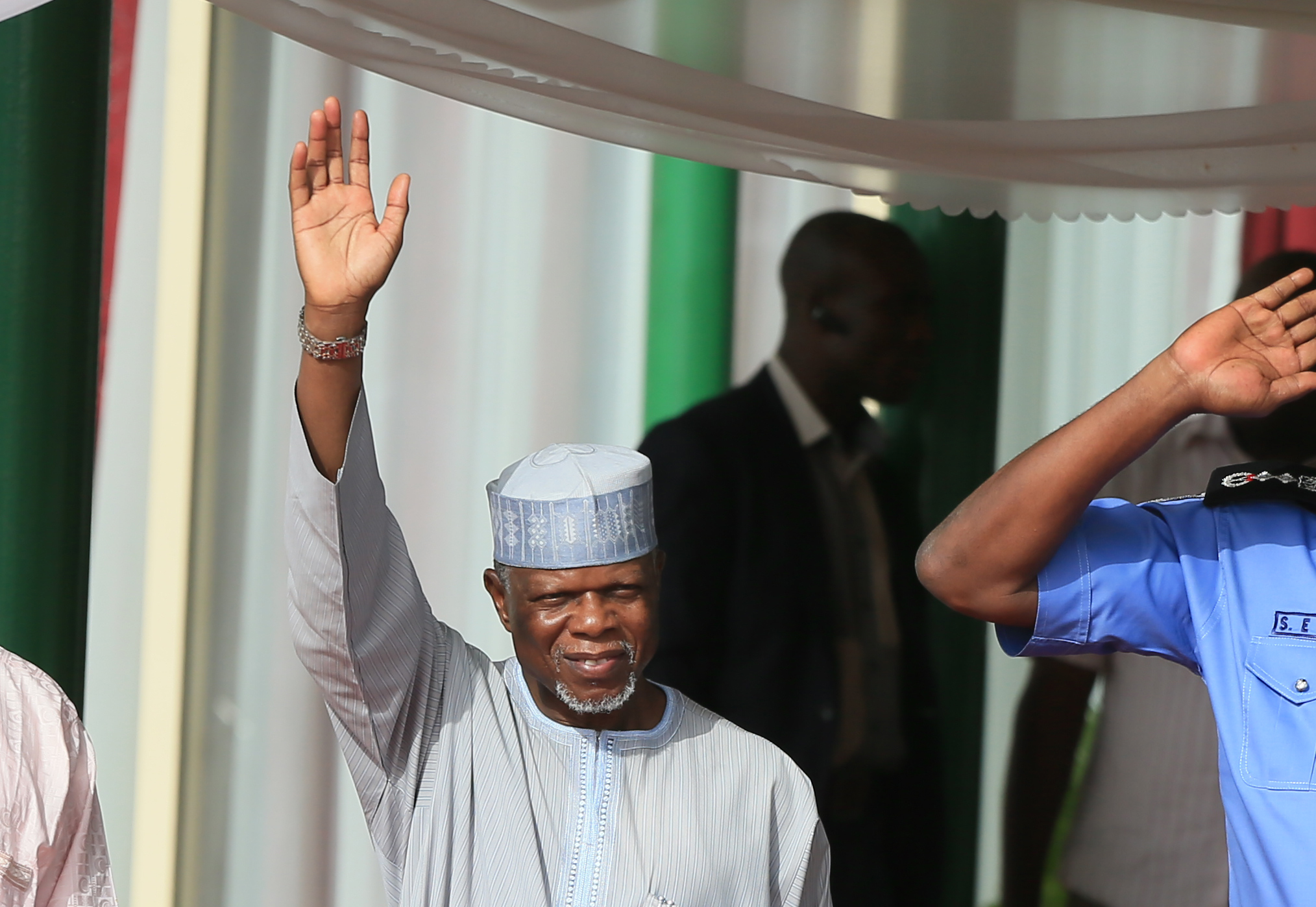
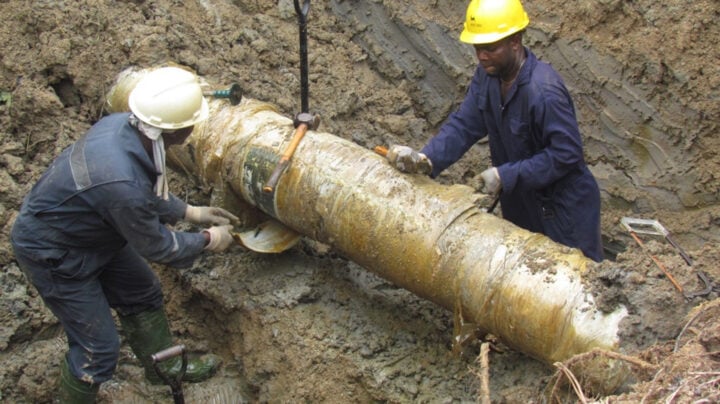
Mr writter.when you run after a rat far long at a point it start jumping and not the rocket race,it means one thing.“energy exusted“.BH was known not just for suicide bombings but also sporadic shooting and killings even engaging the military in open battles for hours at will.i see they are running out of options.